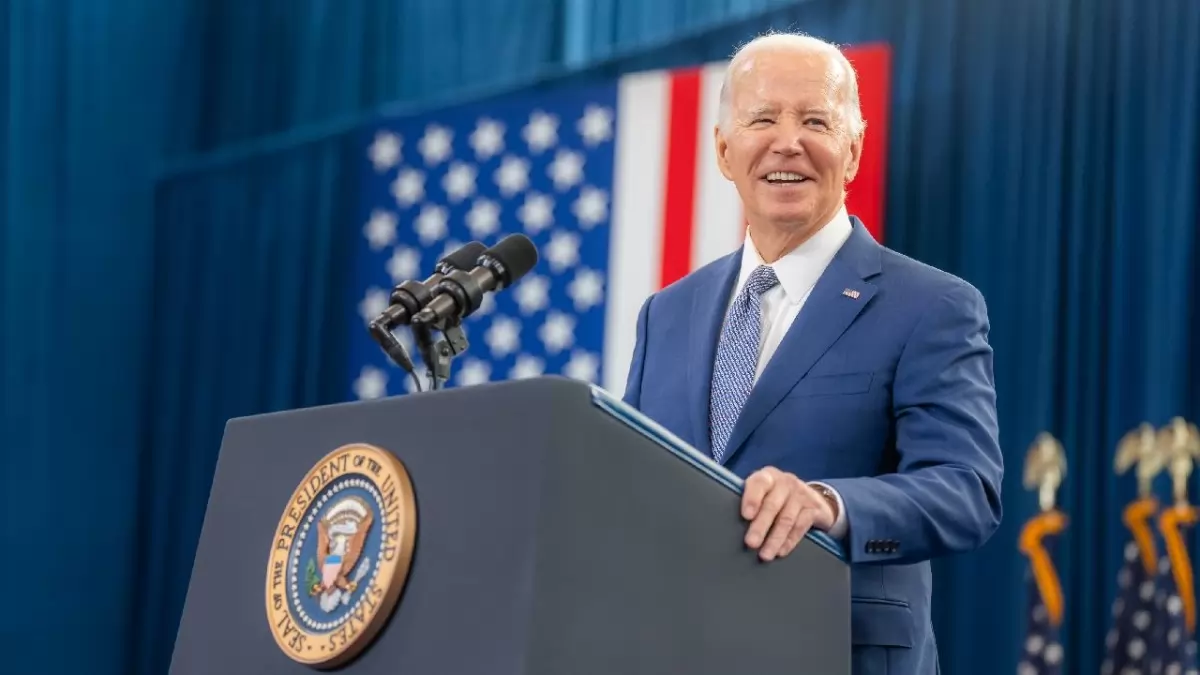
X/POTUS
US Election 2024: A coalition of 120 GOP lawmakers, led by Sens. Mike Crapo and Ted Cruz, along with Rep. Tim Walberg, has called on the Biden administration to abandon proposed fuel economy regulations, which they argue constitute a de facto electric vehicle (EV) mandate. The lawmakers, comprising 77 House and 43 Senate Republicans, expressed concerns in a letter to the National Highway Traffic Safety Administration (NHTSA), stating that the proposed Corporate Average Fuel Economy (CAFE) standards would impose significant costs, limit consumer choice, and negatively impact businesses, U.S. energy, and national security.
The letter challenges the Biden administration's proposal, asserting that it effectively mandates mass production of EVs by factoring EVs into the regulatory baseline. Republicans argue that NHTSA should establish market-driven standards rather than imposing an "out-of-touch de facto EV mandate."
Republicans contend that low consumer demand for EVs can be attributed to various factors, including higher prices, insurance premiums, shorter driving ranges, lower resale value, and inadequate infrastructure. They emphasize the need for standards promoting competition among various technologies.
The proposed standards, aimed at improving fuel efficiency, are criticized for potentially doubling fuel efficiency requirements within a decade. The Alliance for Automotive Innovation estimated that non-compliance penalties could cost over $14 billion, leading to increased car prices and a higher average age of vehicles on the road.
The Republicans warn that the proposal benefits China, given its dominance in EV supply chains. China's significant role in producing key components for EVs, such as lithium-ion batteries, poses a risk to U.S. national security interests.
The letter advocates for allowing innovation and consumer preferences to guide the future of the automotive industry, emphasizing the need to avoid unaffordable central planning.
Industry groups, including the American Petroleum Institute and American Fuel & Petrochemical Manufacturers, have echoed concerns about potential negative impacts on consumers and competition. The Republicans argue that NHTSA and the Environmental Protection Agency (EPA) lack congressional authorization to regulate internal combustion engine vehicles out of the market.





Copyright © 2026 Top Indian News
